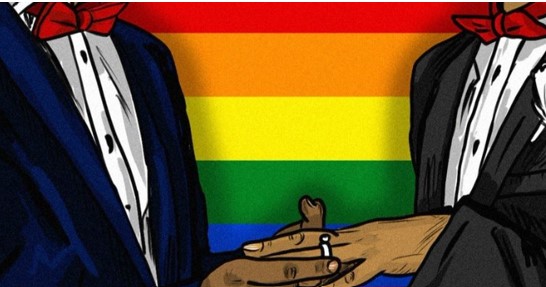States are free to enact laws legalising same-sex marriage: SC
21-Oct-2023The Supreme Court refused to legalise same-sex marriages on Tuesday, but in its judgment, said that the states had the power to enact laws legalising queer marriages even in the absence of a central law.

The Supreme Court refused to legalise same-sex marriages on Tuesday, but in its judgment, said that the states had the power to enact laws legalising queer marriages even in the absence of a central law.
A copy of the full order by the Supreme Court read, "The State may choose from a number of policy outcomes; they may make all marriage and family-related laws gender neutral, or they may create a separate Special Marriage Act-like statute in gender neutral terms to give the queer community an avenue for marriage, they may pass an Act creating civil unions, or a domestic partnership legislation, among many other alternatives.
Another consequence may be that rather than the Union Government, the State legislatures takes action and enacts law or frameworks, in the absence of a central law."
The top court's order further read, "What is certain however, is that in questions of such polycentric nature – whether social, or political – the court must exercise restraint and defer to the wisdom of the other branches of the State, which can undertake wide scale public consultation, consensus building and reflect the will of the people, and be in their best interest."
A five-judge constitution bench unanimously agreed that there is "no unqualified right" to marriage and same-sex couples can't claim it as a fundamental right.
The Supreme Court also directed the government to constitute a committee to examine the rights and entitlements of persons in queer union, without legal recognition of their relationship as a "marriage".
During the argument, the Centre had informed the court that it plans to form a committee headed by the Cabinet Secretary to address the issue.
Nonetheless, among the panel of judges, Chief Justice of India DY Chandrachud and Justice Sanjay Kishan Kaul advocated for the recognition of same-sex partnerships.
They also said it was necessary to have anti-discrimination laws to safeguard the rights of LGBTQIA+ individuals. Furthermore, these two judges put forth the argument that same-sex couples should have the right to adopt children. However, the five-judge bench differed on adoption by same-sex couples; it ruled 3:2 against it in four separate judgements.







